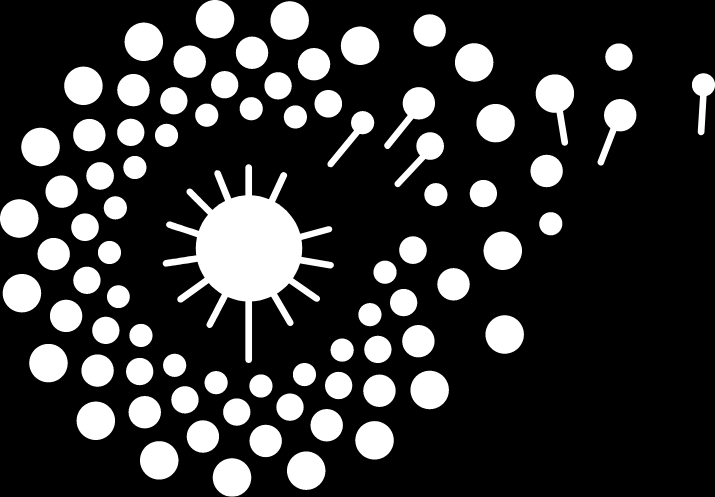Hospicing Modernity by Vanessa Machado De Oliveira
Chapter 1.4: Prep Work 3: The Most Important Chapter
Introduction to the Chapter
In "Hospicing Modernity" by Vanessa Machado De Oliveira, there is a pivotal chapter which the author refers to as "The Most Important Chapter." She emphasizes that understanding this chapter is crucial for readers who intend to benefit fully from the book's insights. The chapter aims to provide a set of conceptual tools and frameworks intended to declutter the cognitive and emotional hoarding instigated by modernity's logic of accumulation. It is about creating a mental and emotional "safety kit" to deal with the discomfort and complexities of modern life, and attempts to challenge readers to move beyond superficial changes to address deeply ingrained habits and attitudes.
Mastery and Depth Education
Modernity equates education with schooling, which typically aims to impart mastery and give value that can be traded within its systems. This "mastery education" reinforces individualism and an ego-centric approach, often neglecting deeper, more complex modes of engagement. Contrastingly, "depth education" goes beyond content transfer and competency development, probing into deeper levels of understanding, discomfort, and the realities of humanity's messiness. The chapter encourages embracing this form of education to peel away layers and challenge the ego, expanding possibilities for deeper relationality.
Wording and Worlding the World
This section contrasts modern storytelling's attempt to construct reality with words, against other cultural practices which see stories as living entities that actively shape reality. Indigenous storytelling doesn't categorize stories as true or false, but instead asks what these stories move within and around us. The author calls for appreciation of story as active agents, inviting readers to engage with stories that encourage different ways of relating to the world.
The Bus within Us
The "bus within us" acts as a metaphor for internal complexity. Modernity's ideal of a coherent and unified self is unrealistic and incapable of dealing with the inherent contradictions and ambiguities in life. The bus methodology encourages seeing oneself as containing multitudes of passengers, each with their own perspectives and traumas, and it suggests that holding space for this internal diversity is essential for addressing external complexities.
Layering Existence and Experience
Layering is proposed as a tool to deal with modernity's limiting singular perspective of reality. It suggests that multiple, often conflicting, layers of existence and experience must be acknowledged to develop the capacity to entertain contradictions and paradoxes. Applied to self-understanding, this process can help recognize various social and existential interactions, allowing for more nuanced engagements with the world.
Generative Disillusionment and Exiled Capacities
Generative disillusionment is an idea that embraces the productive potential of becoming disenchanted with modernity's promises. Rather than resisting disillusionment, the chapter suggests using it to clear the path for alternative forms of existence. Disillusionment can spur the reactivation of capacities and dispositions that modernity has obscured, guiding us toward forms of being that reject the assumptions of separation inherent to modern colonial thinking.
Co-sensing with Radical Tenderness
Lastly, the concept of "radical tenderness" is introduced as an invitation to be present and account for the totality of our entanglements, including the uncomfortable or "messy" aspects. It prompts a reconfiguration that goes beyond narcissism and an obsession with control, moving towards a practice rooted in compassion, humility, and readiness to face the collective pain and complexity of existence without becoming overwhelmed or desperate.
To summarize, this chapter in "Hospicing Modernity" serves as a cornerstone, equipping readers with mental and emotional tools designed to challenge the assumptions of modern society. Through strategies like depth education, storytelling, internal complexity, layering, generative disillusionment, and radical tenderness, the chapter advocates for a profound and genuinely transformative engagement with the world.

